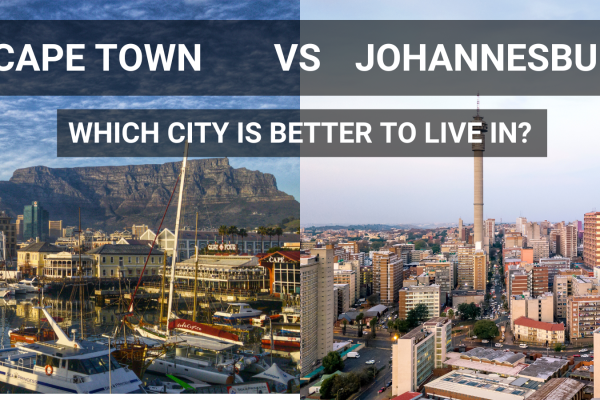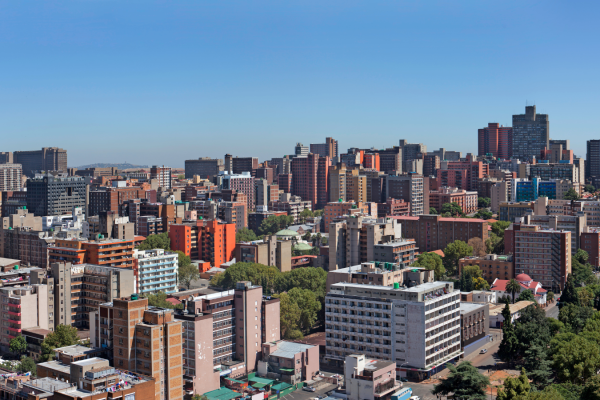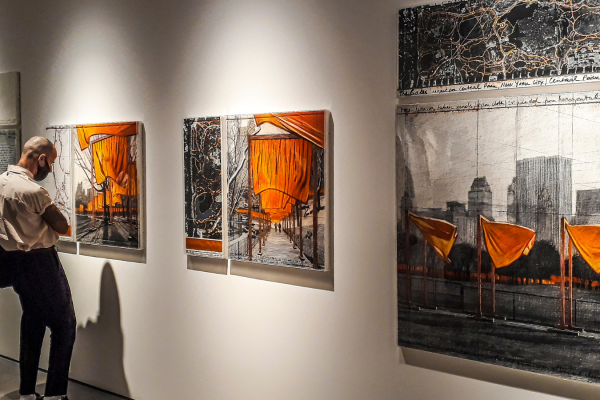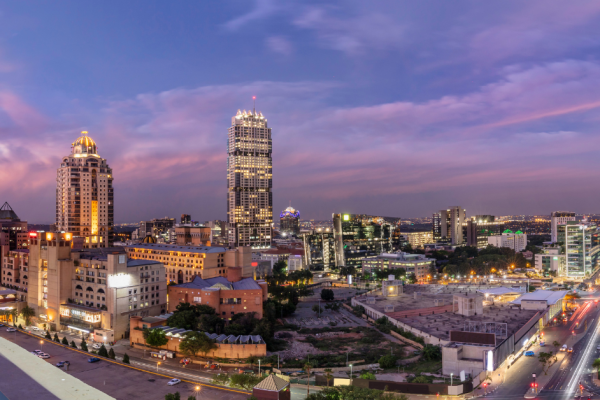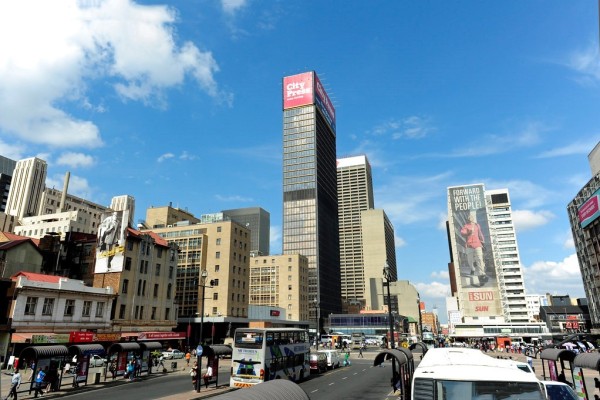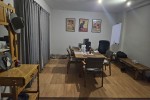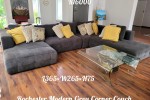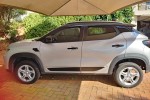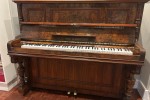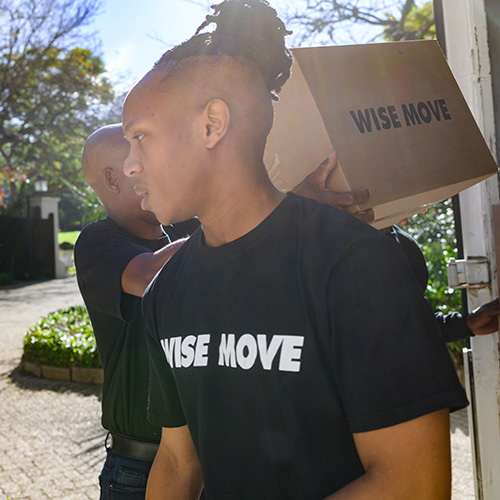What it really costs to live in Johannesburg in 2025

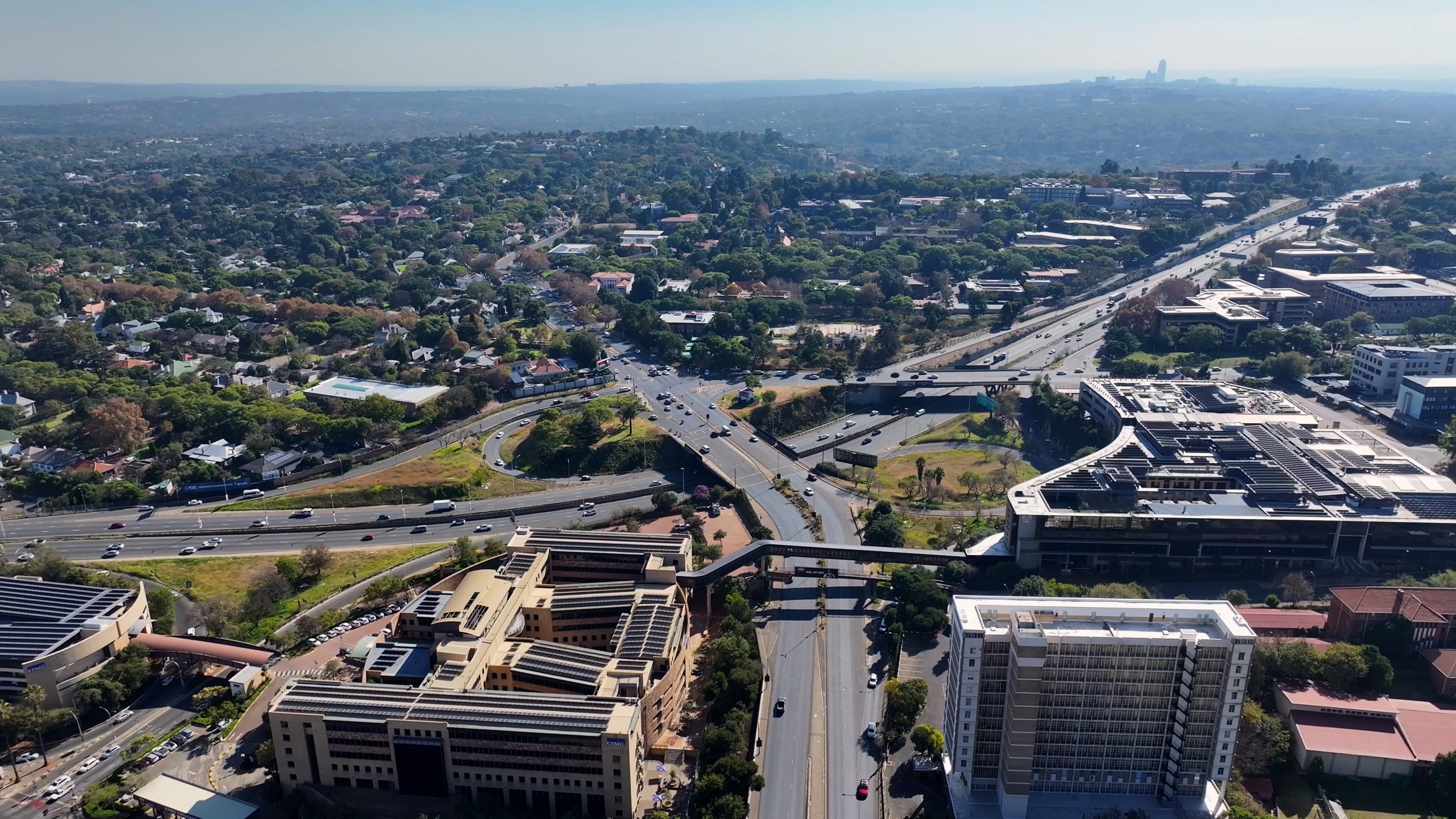
Despite its reputation as a scary, chaotic metropolis, the city of Johannesburg (Joburg) is packed with underrated advantages and delights. Millions of Joburgers enjoy an excellent quality of life at a modest cost.
South Africa’s traditional economic powerhouse is increasingly one of the world’s most affordable major cities to live in. In many ways, it’s extremely liveable. Most importantly, it offers lower housing costs compared to Cape Town and many major cities in an advanced economy. As a result, Joburg residents with middle-class incomes can often afford to live in large homes with big gardens.
The Johannesburg area is also experiencing shifting migration patterns. According to the 2025 Wise Move Migration Report, while Gauteng as a whole remains South Africa’s economic powerhouse, it saw the largest net loss of 20.1% of residents in 2024, with many Joburgers moving on to other provinces. Despite this, Gauteng still leads the country for internal moves, reflecting its dynamic job market and fast-paced urban life.
The city’s glorious climate makes this abundance of living space even more valuable. Summers are warm and windless and winters are cool but sunny, packed with cloudless days that would delight Britain in summertime. Throw in a famously warm social life, lots of beautiful parks and outdoor pursuits, and a rich cultural melting pot, and you have lots to love.
That’s the good stuff. The city also has downsides to consider, which add extra costs. Power cuts, water cuts and potholes are routine, property rates are high, utility bills are rising, and many neighbourhoods pay for private security. You’ll also need a car unless you plan to Uber everywhere, as safe and comfortable public transport options, notably the Gautrain, don't cover the whole city
As Chante Venter, CEO of Wise Move notes in the 2025 Wise Move Migration Report, "Moving is about more than changing homes. It’s about navigating the risks and rewards that come with building a new future."
Joburg’s affordability, career opportunities, and social energy continue to offer a springboard for those looking to build a better life, even though there are challenges around infrastructure and security which may add hidden costs. Read on for a full breakdown of the cost of living in Johannesburg in 2025.
The cost of housing in Joburg
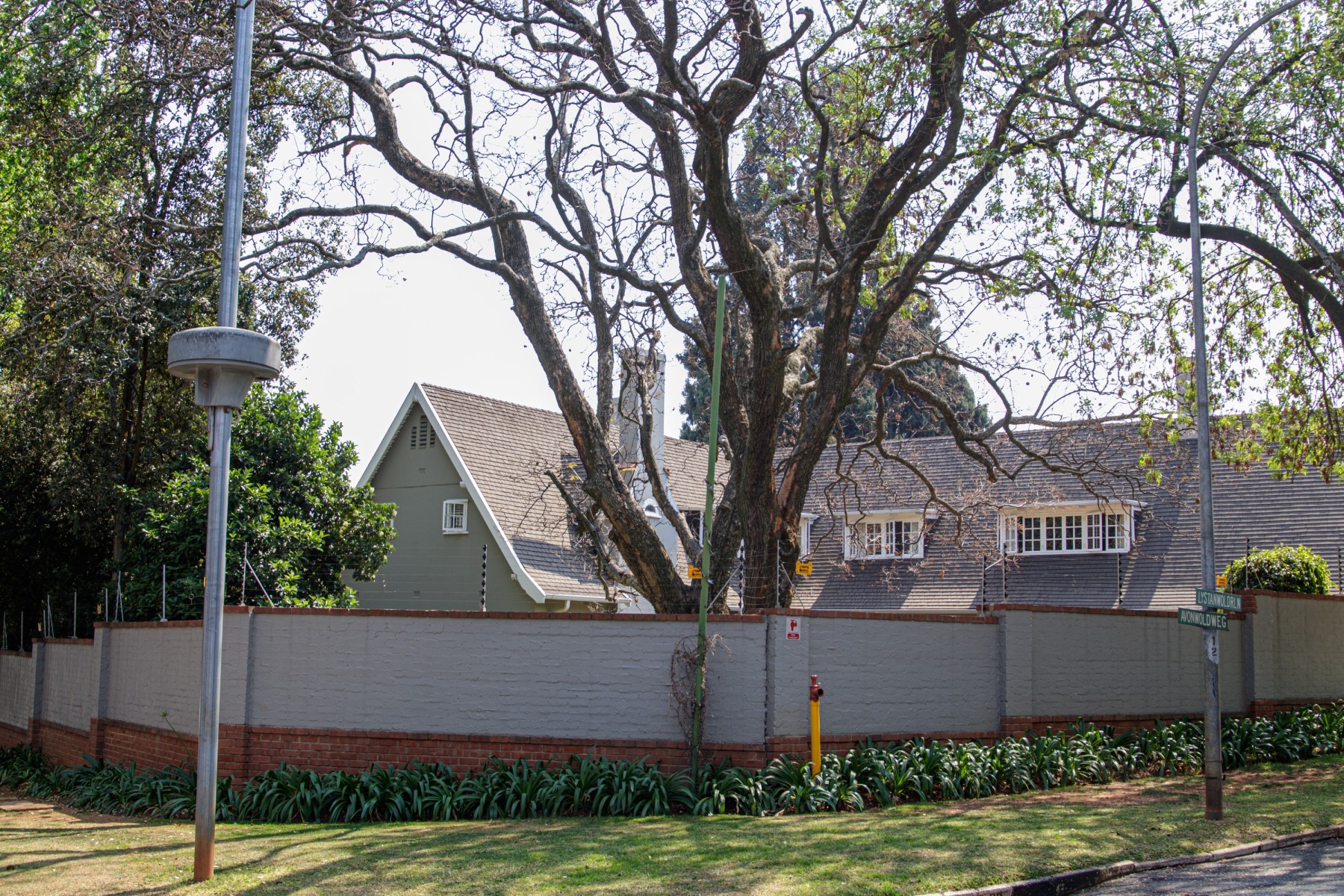 Thanks to poor city governance, an infrastructure crisis, crime concerns and rising ‘semigration’ to the Western Cape, Joburg’s property values have fallen in real terms in the last six years. This has cost many homeowners and sellers a lot of money, but it’s now offering new buyers very good value and investors are earning solid rental yields of 10%. Prices have stabilised, with a rebound expected to begin in the second half of 2025.
Thanks to poor city governance, an infrastructure crisis, crime concerns and rising ‘semigration’ to the Western Cape, Joburg’s property values have fallen in real terms in the last six years. This has cost many homeowners and sellers a lot of money, but it’s now offering new buyers very good value and investors are earning solid rental yields of 10%. Prices have stabilised, with a rebound expected to begin in the second half of 2025.
As things stand, Joburg’s property ‘price to income ratio’ is at least four times lower than cities like New York, Sydney and London. For example, owning a home is four times more affordable for residents.
Joburg ranks 238th out of 281 according to Numbeo's ranking of the average ratio of mortgages to incomes in major world cities, which is way down on the cheap end. To put this in perspective, a home loan in Cleveland, Ohio, is rated the most affordable, in 281st place, while a typical Buenos Aires mortgage tops the chart as the least affordable.
What do Johannesburg properties cost to buy?
- The average asking price for a property sold on Property24 in Joburg in 2025 is just below R1,400 000—a level that has held steady since 2016—while the average sale price has risen in the same period from around R900,000 to around R1,200 000. That rise has lagged inflation, so values have dipped in real terms.
- According to Numbeo, the average property price per square metre in Joburg currently is R11,977, but varies widely between areas.
- The table below shows asking prices for Johannesburg properties listed on Properstar. Cape Town’s average property prices exceed those in Sandton, Joburg’s mostly upmarket business hub. Asking prices are much lower in outlying suburbs like Edenvale and satellite towns like Brakpan, where good free-standing houses can be bought for a song.
|
City/Neighbourhood |
Average apartment price/m² |
Average house price/m² |
|
Johannesburg |
R10,572/m² | R7,781/m² |
|
Cape Town |
R28,224/m² |
R17,538/m² |
|
Sandton |
R14,892/m² |
R13,367/m² |
|
Edenvale |
R13,621/m² |
R9,886/m² |
|
Brakpan |
R8,577/m² |
R7,042/m² |
- Houses are unusually big in Johannesburg’s traditional upmarket areas, such as Bryanston, Hyde Park, Westcliff and Houghton, so the average prices per square metre don’t reflect the price ranges in those suburbs, which can go far north of R10,000,000.
- Only in a few ‘niche suburbs’ do smaller properties command high prices, such as fashionable Parkhurst, or Rosebank, where swanky new apartment blocks have sprung up around the business district and the Gautrain station.
- The Gautrain also stops in Midrand and Centurion, between Johannesburg and Pretoria. This has contributed to rapid sectional-title development in those areas during the last decade, with high rental demand propping up values.
What does it cost to rent a home in Johannesburg?
The average rent paid in Gauteng in 2024 was R9,169 per month, as against the Western Cape’s average rent of R11,141.
According to Numbeo data, these are the average rents in Johannesburg’s central areas and elsewhere:
|
Property type |
Area |
Monthly rent |
|
1 bedroom apartment |
CBD/central areas |
R7,536 |
|
1 bedroom apartment |
Outer suburbs |
R6,712 |
|
3 bedroom apartment |
CBD/central suburbs |
R16,607 |
|
3 bedroom apartment |
Outer suburbs |
R12,826 |
- Rents have risen faster than property sale prices, reflecting a young, mobile workforce that is either reluctant to put down roots or can’t afford.
- Johannesburg’s rental market is much less “spiky” than Cape Town’s, with landlords charging smaller premiums for living in desirable areas. This evenness of value is down to smaller tourism and expat markets, more available land for high-rise buildings and the fact that demand revolves around four major business districts like Sandton, the CBD, Rosebank and Midrand.
- That said, there is no lack of luxury, and the city’s many high rollers think little of paying R200,000 per month to rent a Sandton mansion or penthouse.
- Renters can find spacious two-bed apartments with good views for below R20,000 in Killarney, Rosebank and Sandton.
- If you need a family-sized house and you can stretch to R40,000, then Joburg is your oyster.
- One of Joburg’s little-known wonders is its array of high ridges, where lots of good houses have superb views across the city’s vast manmade forest. Northcliff, Linksfield, Observatory, Westcliff and parts of Melville offer these vantage points, as do western and southern burbs like Little Falls and Glenvista. These high-lying areas often have water supply issues, so check whether this applies. If so, you’ll need borehole water and storage tanks on the property.
What do utilities cost in Johannesburg?
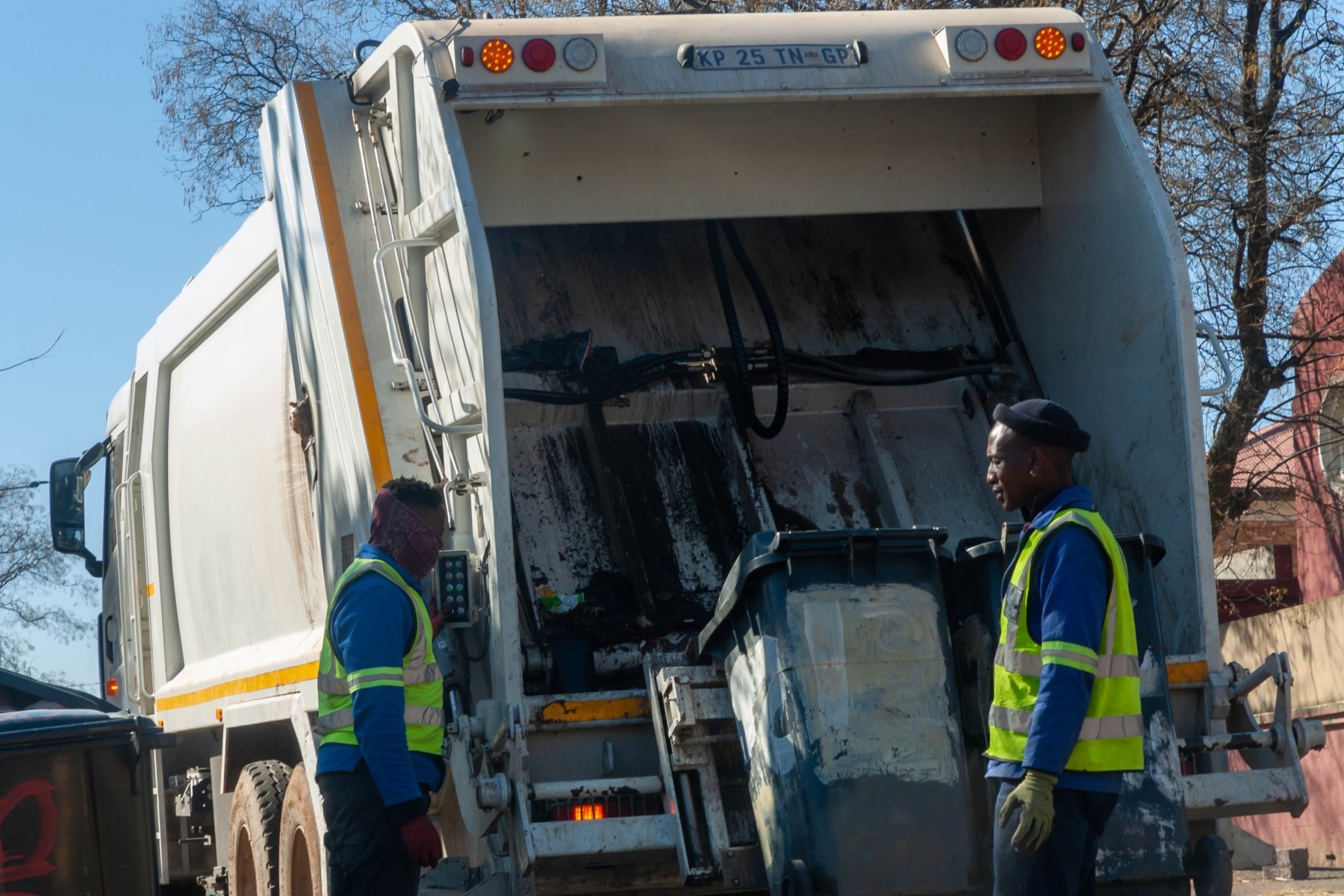
- Joburg’s average household utility bill is far from expensive by rich-world standards, but it’s certainly higher than it should be, given the patchy reliability of the services provided.
- In general, water and refuse collection are more expensive than in Cape Town (as are property rates).
- Electricity is a bit cheaper in Joburg than in Cape Town.
- Fibre internet costs are still a bit steep by global standards.
- Mobile phone rates have come down in the last decade, but as always, it’s worth buying your own handset, which will allow for a data-and-calls bill below R300 a month.
|
Utility service in Joburg |
Average cost/month (85m2 apartment) |
|
Electricity, water & refuse collection |
R2,111 |
|
Mobile phone monthly plan with calls and 10 GB+ data |
R695 |
|
Internet (60 Mbps or More, Unlimited Data, Cable/ADSL) |
R758 |
What do groceries cost in Joburg?
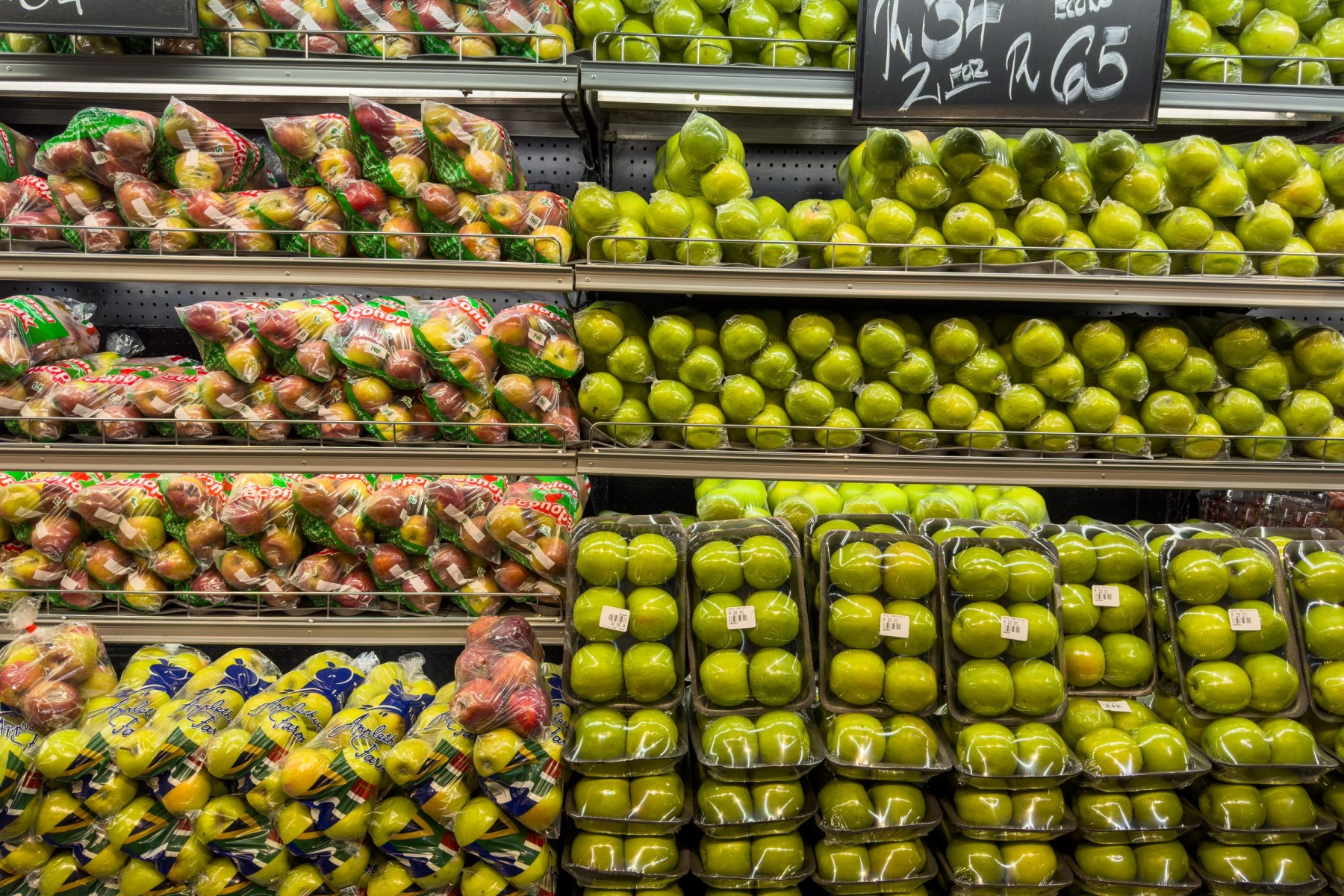
- Food shopping in Joburg can be very affordable by developed-world standards, provided your needs or tastes are simple. According to Stats SA, a basic monthly food basket that feeds a family of four in Johannesburg costs R5,555, compared with R5,255 in Cape Town and R5,360 in Durban.
- Red meat tends to be cheaper in Joburg than in Cape Town, due to proximity to farms that produce it, while fresh produce and seafood are more expensive in Joburg.
- But foodies with sophisticated tastes will need to fork out much more—as much as R15,000 to feed a family of four. Food inflation has been brisk in recent years, especially for imported products like coffee and chocolate.
What do restaurant meals cost in Johannesburg?
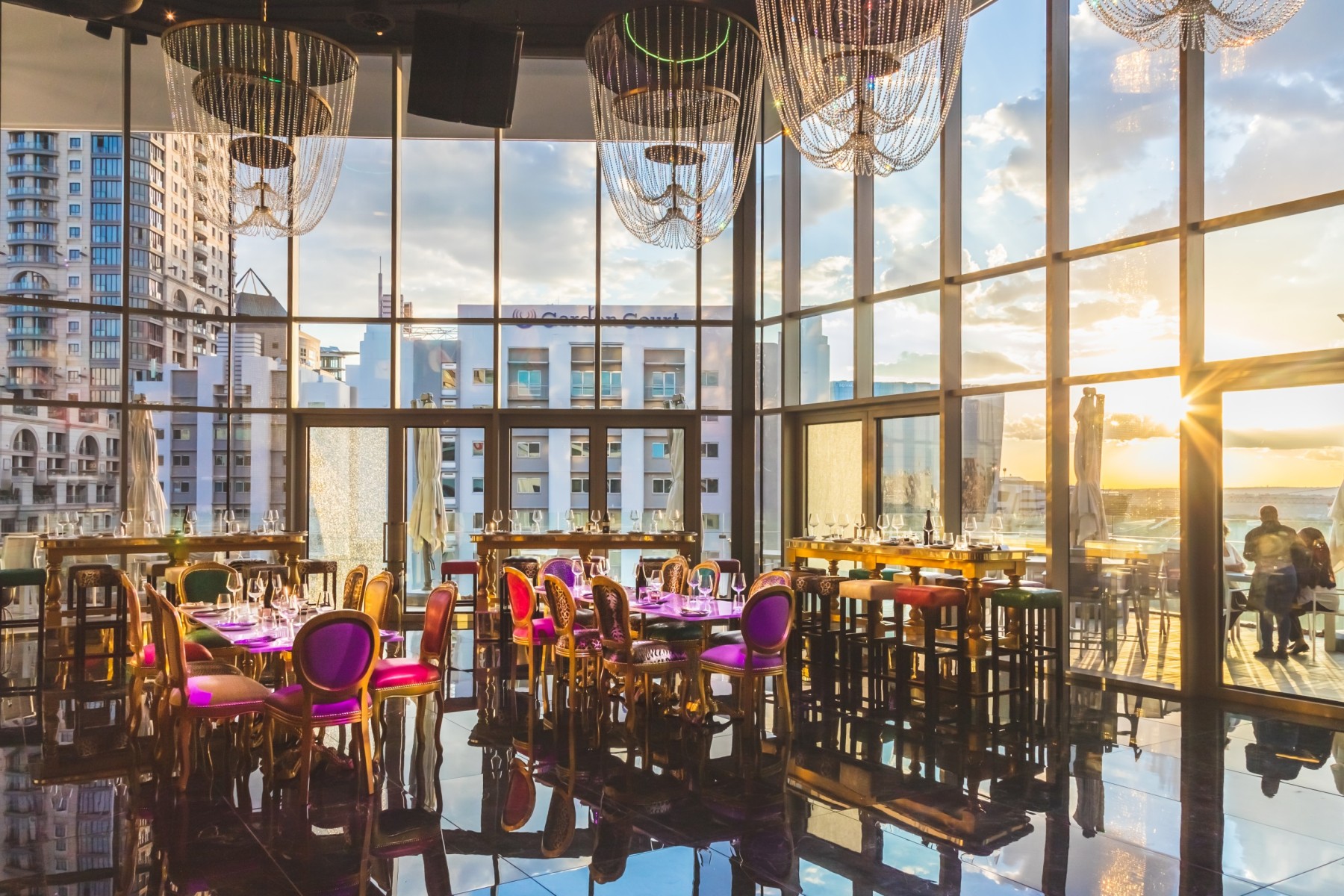
- Prices at Joburg’s average inexpensive and mid-range restaurants are a bit higher than in Cape Town, according to Numbeo data (see table below). Even so, Joburg doesn’t quite compete with Cape Town when it comes to range and quality of restaurants available.
- You can easily pay over R1,000 for three courses at the fancy establishments in Sandton, particularly those at luxury hotels, and receive the service and deliciousness you would expect.
- Joburg’s mid-range restaurant scene, priced at around R250 to R500 per customer, tends to be formulaic and risk-averse.
- In the case of ethnic niches, this traditionalism works nicely—Joburg has some excellent Portuguese, Asian fusion, Greek, Italian and Ethiopian places, many of them reasonably priced.
- Tipping between 10% and 20% is expected. Waiters depend on your tips, as their hourly wages are very modest.
Restaurant costs in Joburg versus Cape Town
|
City |
Affordable |
Mid-range (3 courses, 2 people) |
|
Joburg |
R200 |
R800 |
|
Cape Town |
R165 |
R750 |
How much does public transport cost in Joburg?
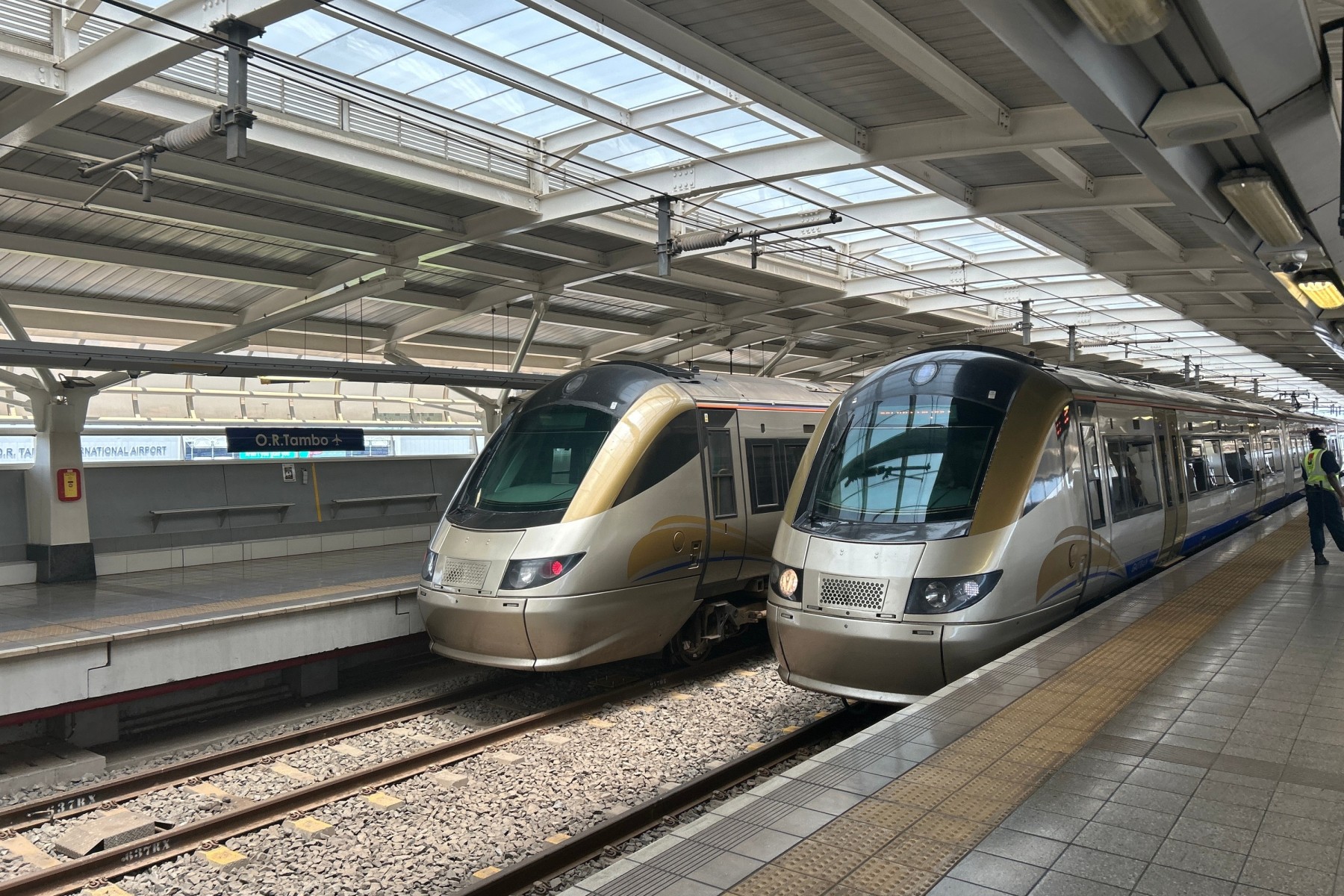
Johannesburg has made a big effort to upgrade public transport networks, with mixed results. The Gautrain, completed in 2010, is a world-class rapid rail service with two routes—linking Johannesburg with Midrand and Pretoria, and the other linking Sandton with OR Tambo Airport.
If you live and work in the right areas, the Gautrain is a comfortable and cost-efficient game changer. A monthly ticket between Sandton and Pretoria will cost you R3254—half the monthly petrol cost of commuting that route in an average-consumption car. The airport link is much pricier per trip. The problem is that most Joburgers don’t live near a Gautrain station.
Gautrain ticket prices for key routes
|
Route |
Peak/Off-peak tickets |
Monthly ticket |
|
Sandton to Pretoria |
R70/R87 |
R3,254 |
|
Park Station to Sandton |
R32/R40 |
R1496 |
|
Sandton to OR Tambo |
R219 |
N/A |
Travelling by bus, taxi or Uber
- The Rea Vaya rapid bus network links Soweto with the CBD and surrounds, but it has struggled to gain widespread adoption.
- Many working-class commuters prefer the better frequency and route range of minibus taxis, which have been the privately operated mainstay of Joburg “public” transport for decades. Minibuses’ lack of comfort and safety is a price their passengers are willing to pay for convenience and cheap fares, which range between R12.50 for shorter trips to R50 for the Joburg-Pretoria trip.
- For evening travel or destinations not covered by buses or trains, Joburg’s Uber rates are low by international standards, at R10 per off-peak kilometre. However in such a spread-out city, Uber bills can mount a bit higher than in compact central Cape Town.
What does private car travel cost in Joburg?

The cost of petrol
Petrol prices vary often, but as in all inland cities in South Africa, fuel is slightly more expensive in Johannesburg than it is at the coast. It’s, however, modestly priced at $1.21 a litre (or R22.77) by international standards in April 2025. This ranks Joburg’s petrol price at 196 out of 334 cities, according to Numbeo. Hong Kong is steepest at $3.13, while Alexandria in Egypt is cheapest at $0.30.
The cost of buying a car
The average price of an affordable car in South Africa is fairly low due to local production of some models and relatively gentle taxes. A Toyota Corolla Sedan 1.6L 97kW Comfort will set you back $21,780 (R422,972), ranking South Africa’s price at position 100 of 126 countries ranked.
What does entertainment cost in Johannesburg?
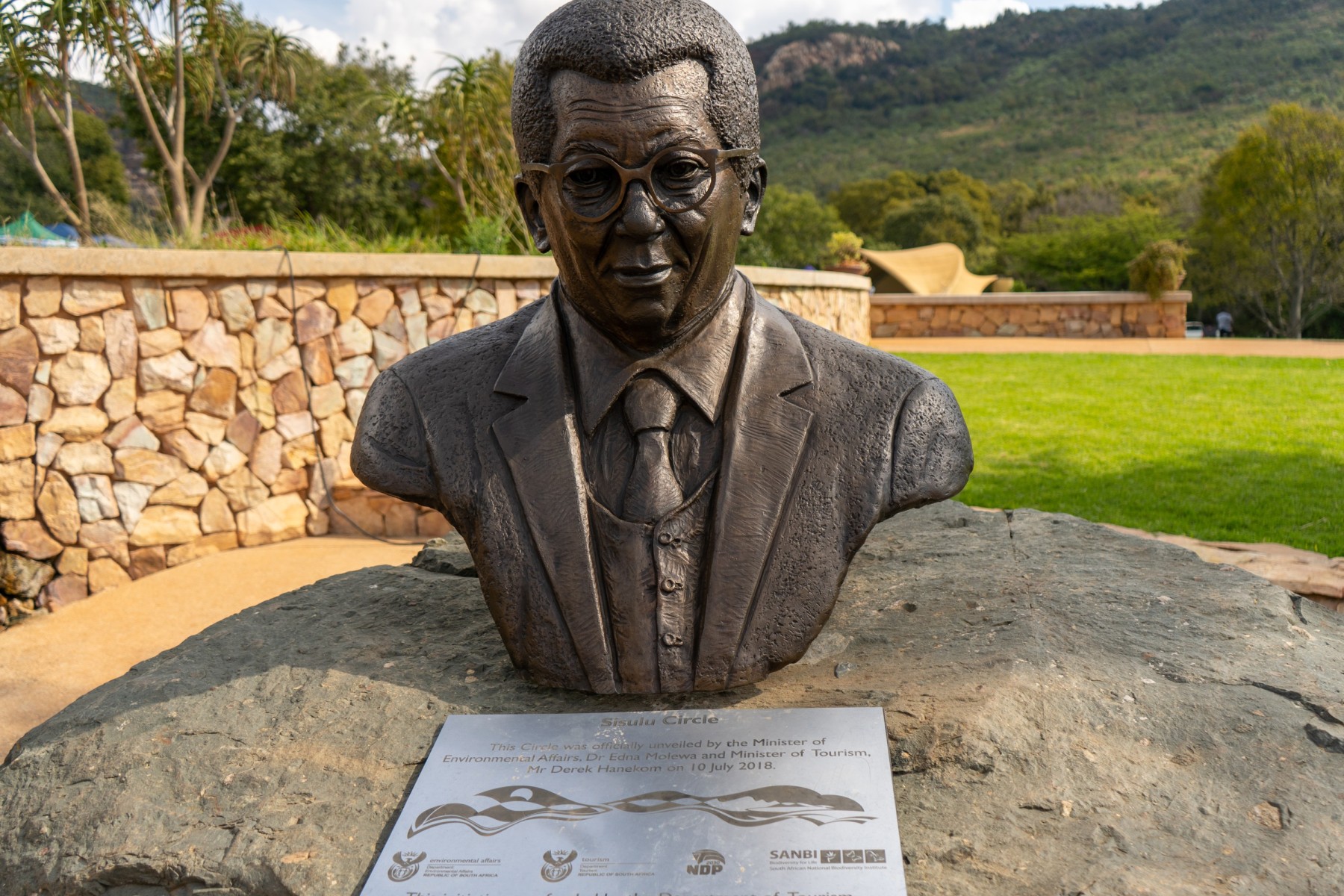
-
The best daytime entertainments in Joburg are outdoors and very affordable. The city has a wealth of free public parks with excellent cycling and jogging routes, notably Emmarentia in Greenside and Delta Park in the Craighall Park/Linden area.
-
The Wilds is a beautifully maintained free park near the CBD, featuring quirky animal sculptures and lush indigenous forest.
-
Walter Sisulu National Botanical Gardens in Roodepoort are a superb place for walking and picnicking, with tickets at R100 for adults and R25 for children.
-
Sports facilities abound. Padel and tennis courts charge between R100 to R300 per game, climbing walls cost about R200 for a day pass, and golf course green fees are between R300 and R500 per round.
-
Gym memberships cost an average of R692 per month, while tickets for shows at the big theatres will set you back between R160 and R500.
-
Local live music shows offer great value, with ticket prices ranging from R150 upwards, depending on the fame of the act. Movie tickets typically cost R120.
What does education cost in Johannesburg?
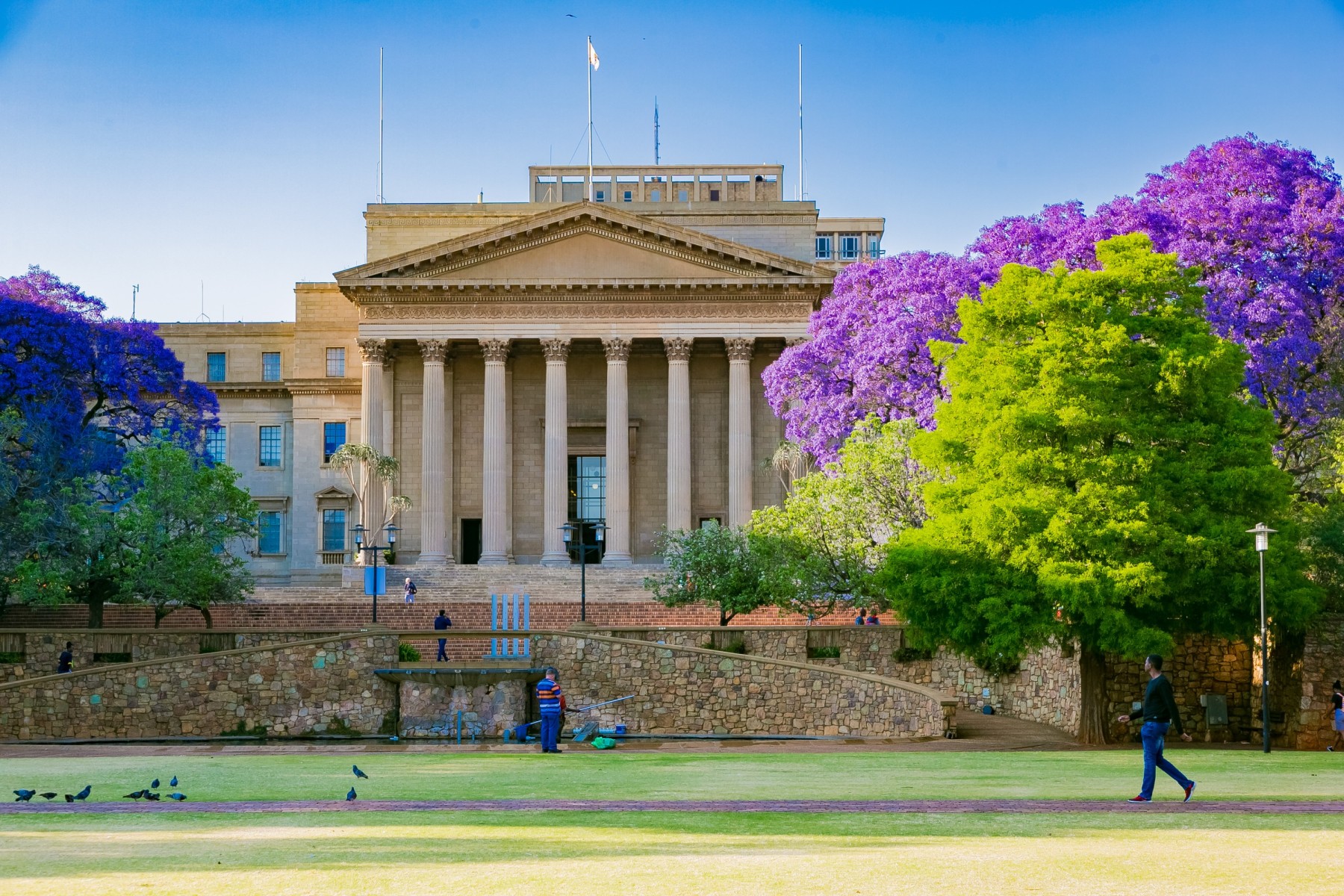
- The city boasts a wide range of excellent schools, and two major universities—the University of Johannesburg and the University of the Witwatersrand, currently ranking 267th in the world in the QS rankings. Wits, as it is known, is a world leader in health sciences and paleontology, being close to early hominid sites at the Cradle of Humankind.
- School fees at the best public schools in Johannesburg are very affordable, averaging up to R4,000 per month. Their quality of education is excellent, but there are far fewer excellent state schools in Johannesburg than in Cape Town.
- This means many more middle-class Joburg families opt for private schools. These range from affordable religious and alternative schools, with fees as low as R5,000 per month, to elite single-sex institutions modelled on traditional British private schools, which charge around R200,000 to R220,000 per year.
- Universities typically charge double their usual fees to foreign students who are not from Southern Africa. Even so, they can still offer excellent value by international standards.
Education fees in Johannesburg versus the UK
|
Education type |
JHB annual fees range |
UK annual ave. fees |
|
Private schools |
R60,000 – R220,000 (R124,860 for day pupils) |
£18,063 (R453, 210) |
|
Public / ‘government’ schools |
R30,000 – R48,000 |
N/A (Free) |
|
International schools |
R185,000 – R290,000 |
£22,500 (R564, 000) |
|
University tuition for SA students |
R39,000 – R84,000 |
£9,400 (R235, 000) |
|
University tuition for international students (non-SADC nationals) |
R78,000 – R164,000 |
£11,400 – £38,000 (R286,032 – R953,000) |
What does medical care cost in Johannesburg?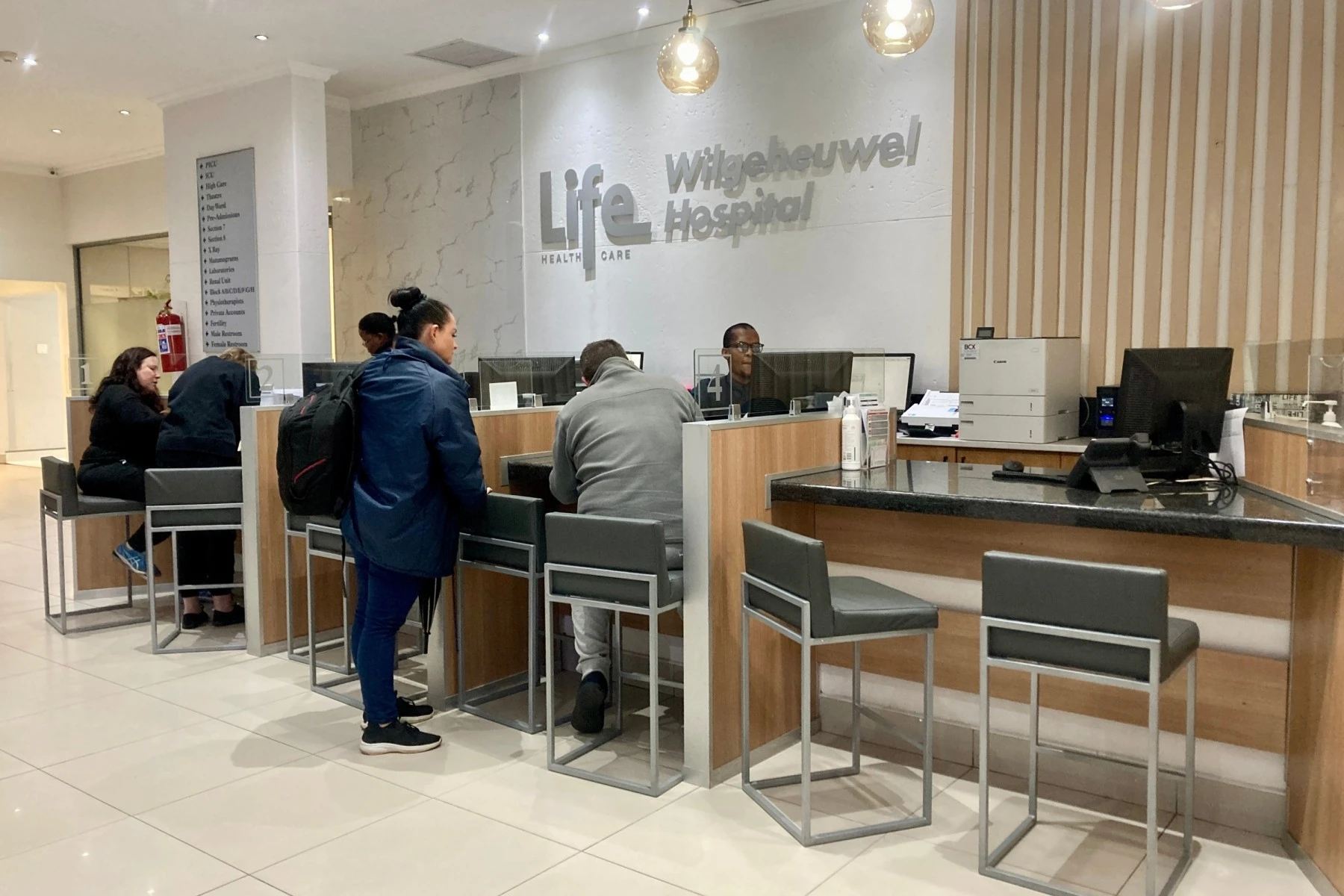
The cost of a doctor’s visit
A private GP visit in Johannesburg will cost between R500 and R850 per consultation.
You will have no trouble getting an appointment, and the quality of care will typically be excellent. Visits to private clinics will cost a similar amount for a basic consultation, though seeing a specialist will cost up to R2,500 per appointment.
Medical aid costs
As public hospitals are often under strain and their quality of care uneven, you're advised to take out a private health insurance (or medical aid) policy. This will ensure access to private hospitals in an emergency and help reduce the costs of any specialist consultation.
Medical aid policies vary widely in cover and cost, ranging between R1,400 per month per beneficiary for a basic hospital plan to R10,000 per month or more for comprehensive cover for people with pre-existing conditions.
What do people earn in Johannesburg?
The average monthly after-tax salary in Cape Town for 2025 is R24,171 per month, but that varies very widely by job type.
The hub of SA’s business world and home to the Johannesburg Stock Exchange and most large firms’ headquarters, Joburg has many extremely well-off residents. It is home to over 12 000 dollar millionaires.
the vast majority of ordinary residents earn much less, choosing to live in Joburg because its career, education and social opportunities coincide with a lower cost of living than Cape Town, thanks largely to much lower housing costs.
Moving to Johannesburg? Make a wise move …
If you’re Joburg-bound, it’s advisable to start saving before you get there and move your household with Wise Move.
The innovative moving platform connects you with the country’s most affordable and dependable movers, feeding you exceptional quotes for loads of every kind.
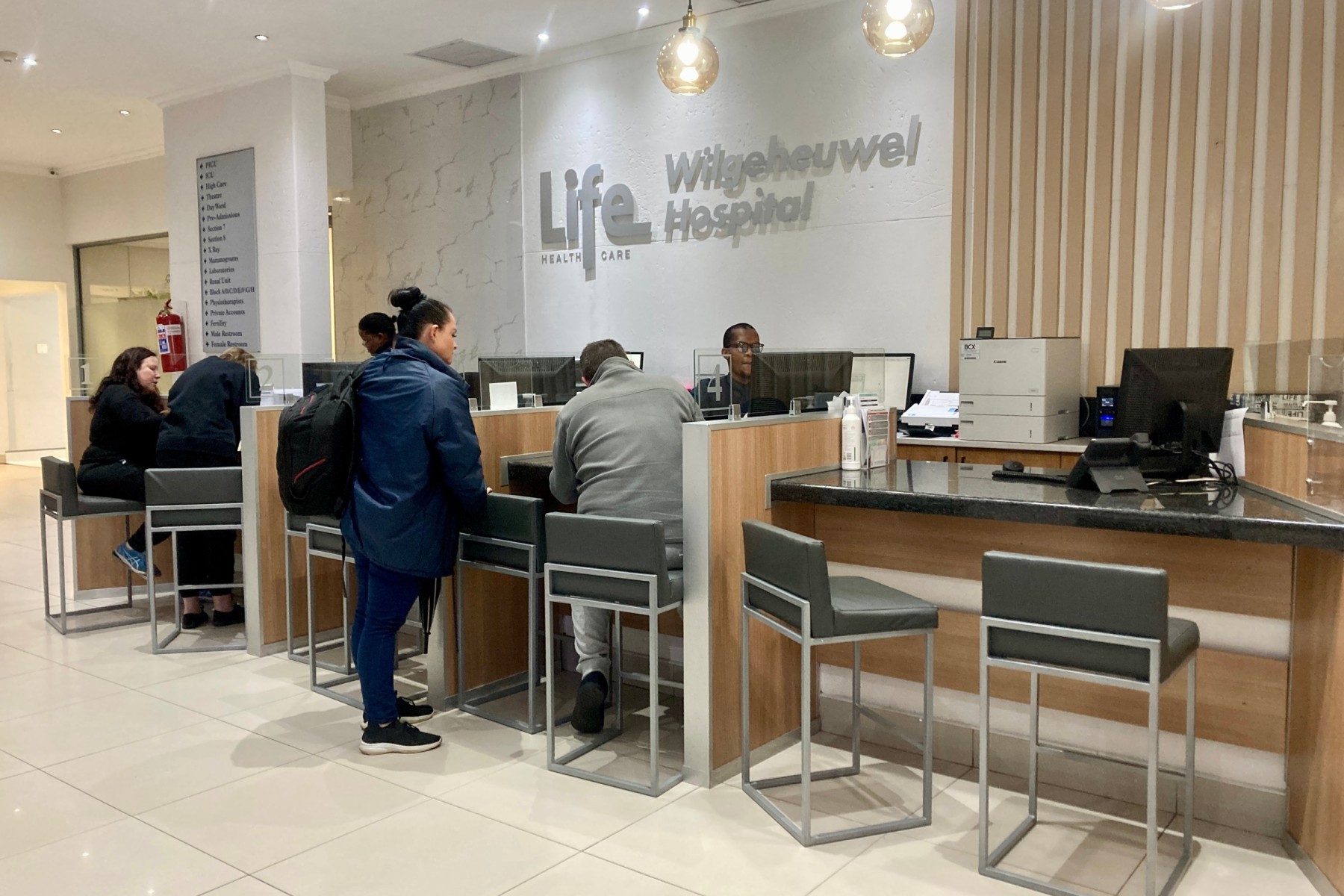
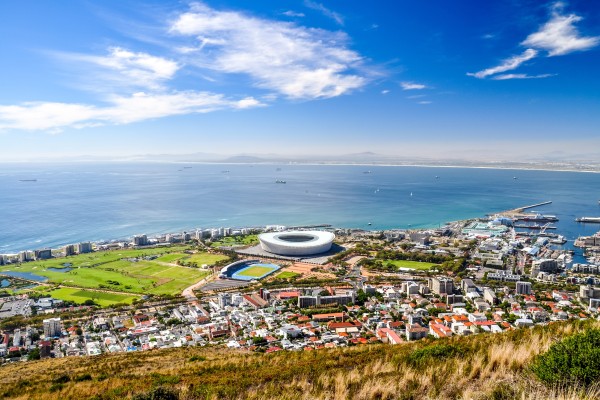

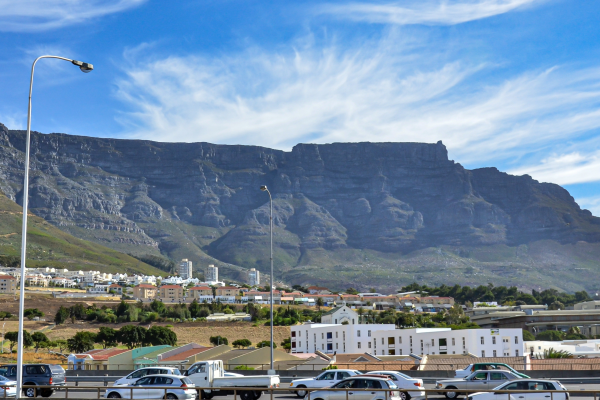
![The Cost of Living in Durban [2025] The Cost of Living in Durban [2025]](https://cdn.wisemove.co.za/image/blog/33d6922f3018eeb43ebed98163e7b2cd.jpeg)
